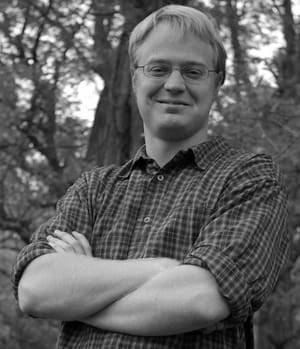Richard Greydanus looks at Wendell Berry’s “romanticizing” the family farm, and asks if, instead, we can understand farming as one among several of the potentialities to be “cultivated” or developed from creation.
DIGITAL
$14
USD
Get unlimited online access.
- Early access to new issues
- Unlimited access to our entire archive
- Bookmark articles to your account
- Listen to select long-form articles
PRINT+DIGITAL
$24
USD
Get unlimited online access + 4 print issues per year.
- Receive our quarterly print magazine
- Early access to new issues
- Unlimited access to our entire archive
- Bookmark articles to your account
- Listen to select long-form articles
COMMENT PATRON
$500
USD/CAD
Support the people who make Comment possible.
- A full charitable tax receipt
- A complimentary Comment subscription
- Special updates from Anne Snyder
- Access to quarterly issue webinars
- Invitations to in-person Comment events
- Access to bonus podcast content
- Early access to new issues
- Unlimited access to our entire archive
- Listen to select long-form articles



